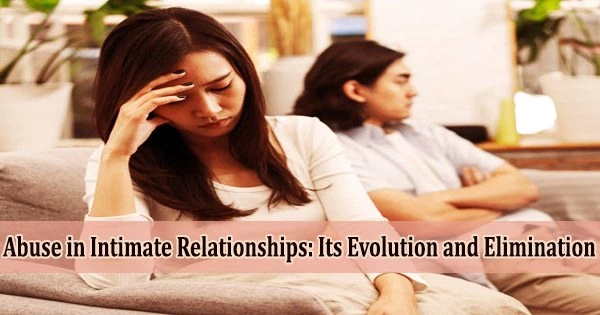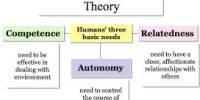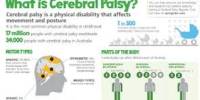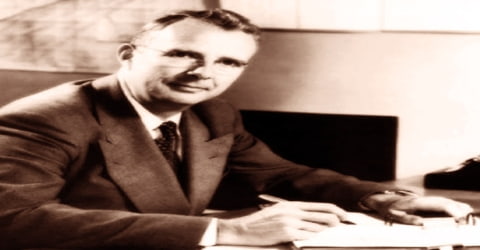Abuse in intimate relationships is typically characterized by structural inequality of power, when one partner has control over important decisions, finances, parenting, and labor distribution. The prevailing viewpoint continues to contend that violence and emotional abuse are what enforces power and control.
However, in many instances, the structural power disparity alone does not foretell abuse or worsen close relationships. Some partners find it to be a happy relief to be relieved of domestic decision-making. (I’m one of them.) My experience with the more than 3,000 abusers I’ve treated suggests that the evolution of abuse and the keys to stopping it are more complicated than a perceived need for power and control.
Why All Love Relationships Can Be Susceptible to Abuse
We experience intense degrees of attention, empathy, appreciation, and compassion when we fall in love. Although essential to the development of emotional attachments, the intensity of these exquisite emotional states is unsupportable. They require a great deal of emotional energy, the majority of which must be used for other responsibilities, like parenting, employment, and personal growth.
Couples continue to be close while making investments in other facets of their lives when the fall of attachment emotions is equal. Partners are inclined to mistake the normal waning of interest, affection, appreciation, and compassion when the drop is uneven.
The partner who perceives less from the other feels rejected and ashamed. The partner who is losing interest, affection, appreciation, and compassion feels guilty. Most guilt and shame in relationships devolve into resentment.
The Mirror of Love
Love is a mirror that tells us how lovable we are and reflects our inner selves. The mirror initially casts flattering reflections. We had no idea we were capable of showing such a keen attention, affection, appreciation, kindness, and compassion. But as we live together, the mirror begins to reflect the whole self. Who knew we could be so selfish, petty, and childish?
The mirror of love in good relationships helps us grow and improve. Abusers confound growth and improvement by trying to manipulate the reflection. That’s like smearing makeup on the face in the mirror.
Inequality of Emotional Investment
Many relationships begin with unequal investment in attachment emotions. Even when love is equal between partners, it is usually harder to find interest, admiration, and compassion. Because of the power of emotional reciprocity, attention, appreciation, affection, and compassion in functional relationships gradually become more evenly distributed.
Abusers steadfastly resist the natural reversion to equality of emotional investment. Most whom I’ve treated perceive themselves as incapable of maintaining the attachment emotions. They can have them for a brief period of time, but not for very long, and most definitely not continuously. More love, attention, respect, and compassion are needed by their spouses than they can give. They accuse their spouses of being clingy, annoying, self-centered, too sensitive, and tiresome, and they blame the mirror for the reflection.
Inequality of Confidence
Typically, one partner is underconfident, and the other is overconfident. Unequal confidence may be a rule of attraction. The adoration of an underconfident partner can boost confidence, while attracting an overconfident mate might confirm individuals who are overconfident.
Maintaining overconfidence necessitates denying or avoiding certain realities, as well as persistently influencing others’ perceptions in a positive direction. The mask of image control becomes increasingly visible as the couple cohabitates. The overconfident are likely to undermine their partners’ confidence in a paradoxical downward comparison in order to sustain the illusion.
Autopilot Coping Habits
While each of the above contributes to the evolution of abusive relationships, the catalyst is the autopilot coping habit of blame.
The brain develops instinctive coping mechanisms in response to discomfort or depleting physical or mental resources. They operate outside of consciousness and influence conduct, but they are distinct from behavior just as fuel is from fire.
Abusers automatically place the blame for their misery or stress on others. A portion of it they repress, a portion they let out in rage or resentment, and a portion they let out in abusive behavior. They could invoke blame to defend binge drinking, extramarital flings, or other destructive habits.
Changing Autopilot Coping Habits
Elimination of abuse requires replacing the autopilot habit of blame with an incompatible coping habit: for example, improve, appreciate, connect, and protect.
Consciously knowing which behaviors to enact in the future is not enough, due to what psychologists call “crossing domains.” Information learned in a calm emotional state is nearly inaccessible in an aroused, stressful, or mentally/physically diminished state. Mr. Hyde won’t remember what Dr. Jekyll learned in therapy or anger management class.
To overcome the restraint of crossing domains, practice sessions must recall the internal conditions that activate blame: stressed, tired, hungry, or impaired. A practice session looks like this:
- I recall an incident when I blamed others, along with my physical and mental states at the time.
- I imagine improving the situation (trying to make things a little better), appreciating (the issue is complex; I love my partner), connecting (realizing that the well-being of my partner is important to me), or protecting (I never want her to feel hurt). I recognize that I like myself better when improving, appreciating, connecting, and protecting.
In my clinical experience, it takes about 500 two-minute practice sessions, spread over six weeks, to replace autopilot blame with the ability to improve, appreciate, connect, or protect.
Warning: We cannot recondition the autopilot brain with insight about possible causes, explanations, or justifications. Such justifications prevent the development of a new conditioned response; discomfort must compel remedial action by default. Attempts to explain or justify blame guarantee recurrence and provide fuel for more abuse.
















